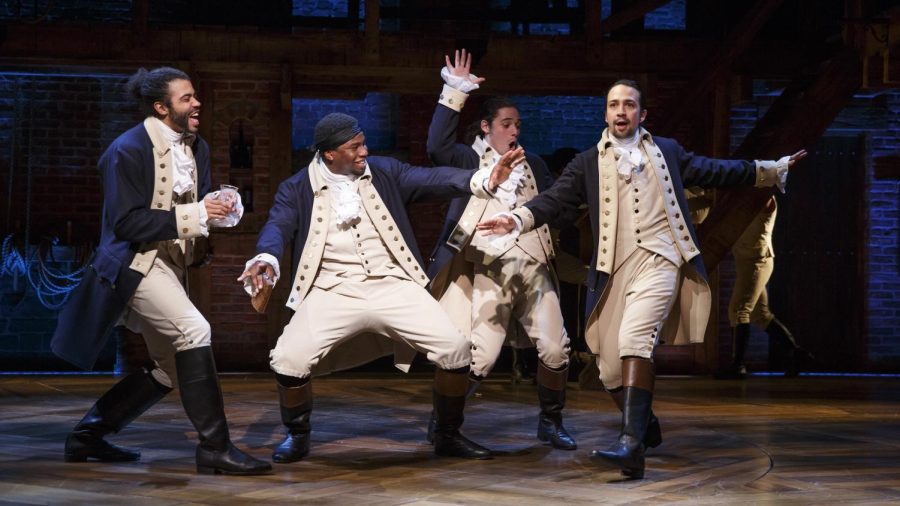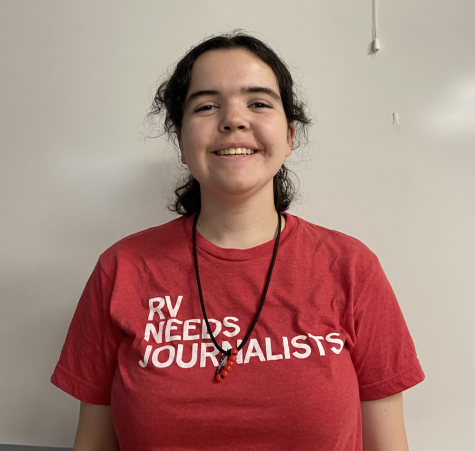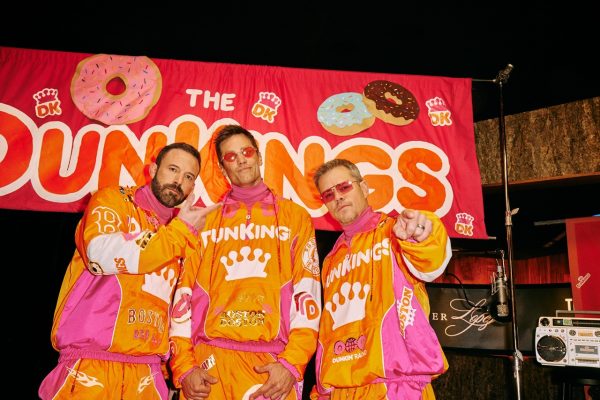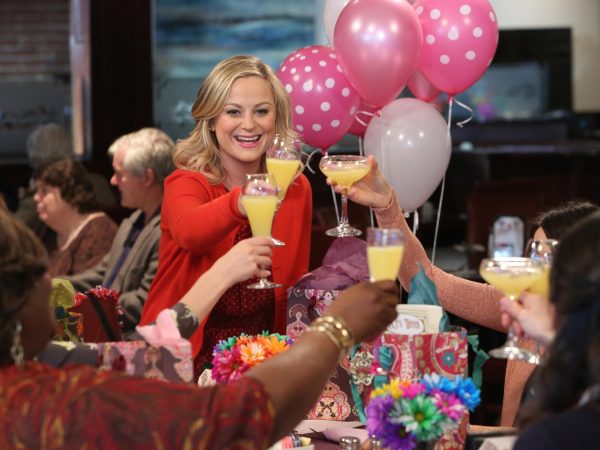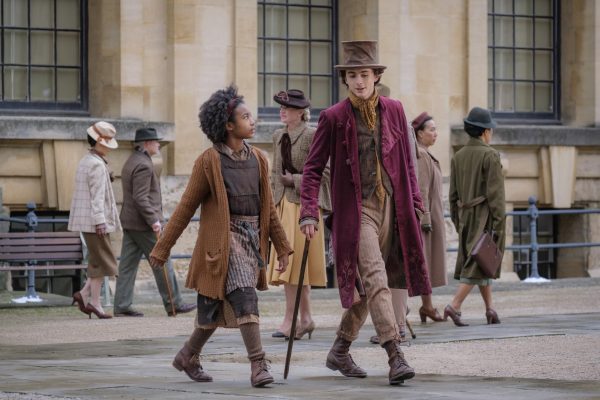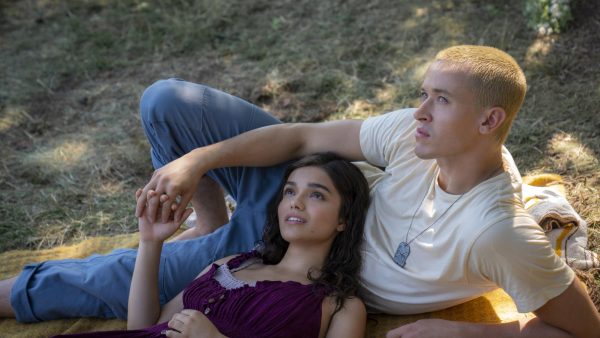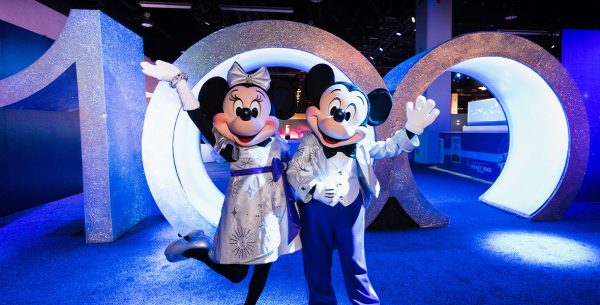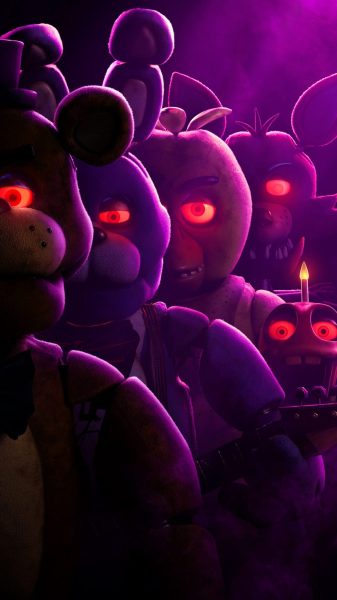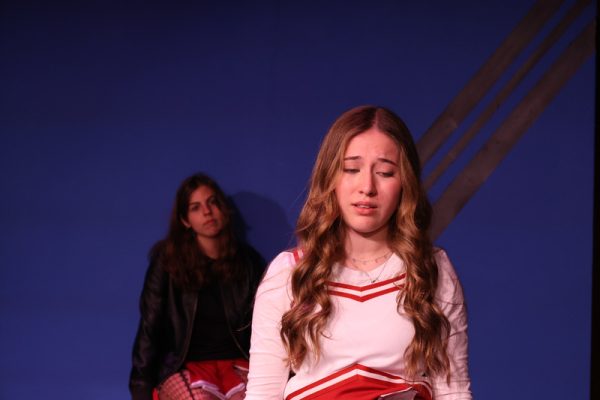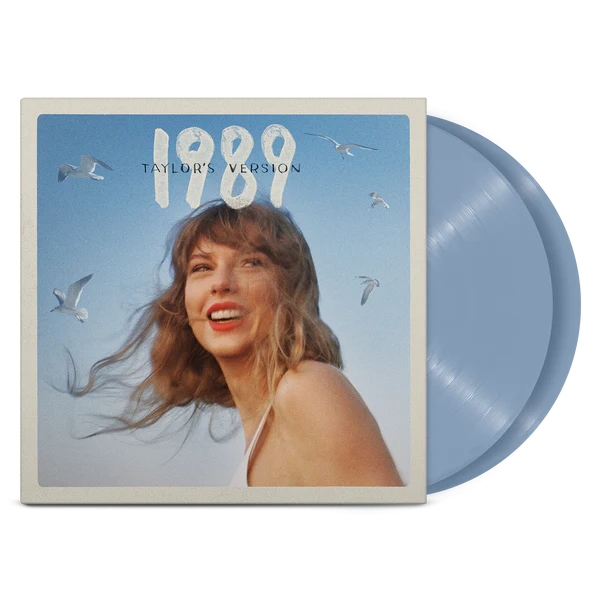“To film, or not to film, that is the question”: the impact of bootleg filming on Broadway
Filming Broadway shows would arguably help productions gain a wider audience. But what’s lost in the process?
A number of Broadway stars — including Lin-Manuel Miranda of “Hamilton” — have requested that audiences stop filming during performances
December 21, 2022
Every musical theater fan has had the same heartbreak once: listening to a musical’s soundtrack, getting obsessed, then searching ticket prices only to find that the show is no longer running. It’s a feeling I’m familiar with, and one with an obvious solution.
This brings up the question about filming Broadway shows. It’s a controversial topic, but with the disastrous effect the pandemic had on live productions and theater, I see it as a logical progression. Once a show closes, it’s either gone forever or will be rehashed after years of waiting.
Filming Broadway shows is already done frequently, albeit illegally, and posted to Youtube as “bootlegs.” However, this is both a violation of copyright laws, as well as a poor-quality product. Bootlegs have another downside, too; one solely for the one filming.
“[I don’t] think it’s ethically wrong,” said RV Theater teacher Mr. Pliskin. “I don’t [make bootlegs] because I’m sitting there enjoying the production.”
The person filming the production misses the experience of the show they’ve paid to see. The purpose of live theater is not only to view a live performance, but to experience a story. To eliminate the loss incurred by filming illegally, professional filming should be produced by a film crew experienced with the story. Instead of a series of battles with stubborn Broadway fans determined to see their favorite shows, a publicly accessible film would end the war.
A solution to the cost issue would be advertisements. Any company with an audience of musical theater fans would almost certainly find someone interested in their products on a website with archived Broadway shows. Depending on the ad, a website can earn a few hundred dollars a month.
Aidan Holmes, a senior involved in the Theater department at RV, said that “having a Broadway show recorded can be profitable for the production, and make [the producers] more money than they would have made from ticket sales alone.”
The final problem is the defense of intellectual property. Intellectual property in a theater is everything that is a part of the production that is not a living, breathing person. The set design, backdrop and costumes are all included under the umbrella term ‘intellectual property.’
The answer is to give all the stage crew (employees who work on the show behind the scenes: building the set, working the lighting or sound, etcetera) a cut of the profits. The amount of money the crew gains from a filmed production would make up for any money lost from copyright violations. Imitations, even if they are uncommon, still take money from the original artists.
Filming Broadway shows may have a few hurdles to jump, but the reward is an immortalized version of a Broadway show available online forever.

